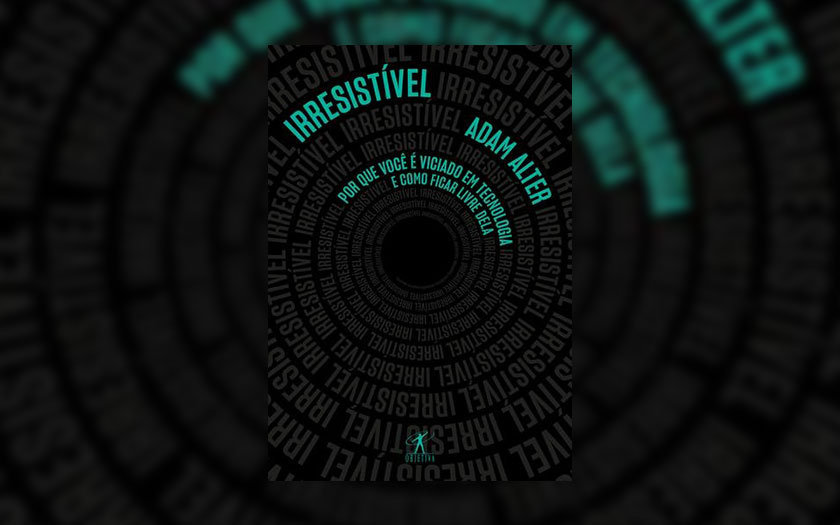

In 1898, Rilke undertook a journey lasting several weeks to Italy.

Having trained from 1912 to 1913 as a psychoanalyst with Sigmund Freud, she shared her knowledge of psychoanalysis with Rilke. But even after their separation, Lou continued to be Rilke's most important confidante until the end of his life. His relationship with this married woman, with whom he undertook 2 extensive trips to Russia, lasted until 1900. Rilke changed his first name from "René" to "Rainer" at Lou's urging because she thought that name more masculine, forceful, and Germanic.

In 1897 in Munich, Rainer Maria Rilke met and fell in love with the widely traveled, intellectual woman of letters Lou Andreas-Salomé. In 18, he studied literature, art history, and philosophy in Prague and Munich. From 1892 to 1895 he was tutored for the university entrance exam, which he passed in 1895. His parents pressured the poetically and artistically talented youth into entering a military academy, which he attended from 1886 until 1891, when he left due to illness. The parents' marriage fell apart in 1884. During Rilke's early years Phia acted as if she sought to recover the lost girl through the boy by dressing him in girl's clothing. The relationship between Phia and her only son was colored by her mourning for a prior child, a daughter, who had died after only a week of life. His mother, Sophie ("Phia") Entz (1851-1931), came from a well-to-do Prague family, the Entz-Kinzelbergers, who lived in a house on the Herrengasse (Panská) 8, where René also spent many of his early years. His father, Josef Rilke (1838–1906), became a railway official after an unsuccessful military career. His childhood and youth in Prague were not especially happy. Rilke was born in Prague, capital of Bohemia (then part of Austria-Hungary, now the Czech Republic). He also wrote more than 400 poems in French, dedicated to his homeland of choice, the canton of Valais in Switzerland. Among English-language readers, his best-known work is the Duino Elegies his 2 most famous prose works are the Letters to a Young Poet and the semi-autobiographical Notebooks of Malte Laurids Brigge. Rilke wrote in both verse and a highly lyrical prose.


 0 kommentar(er)
0 kommentar(er)
